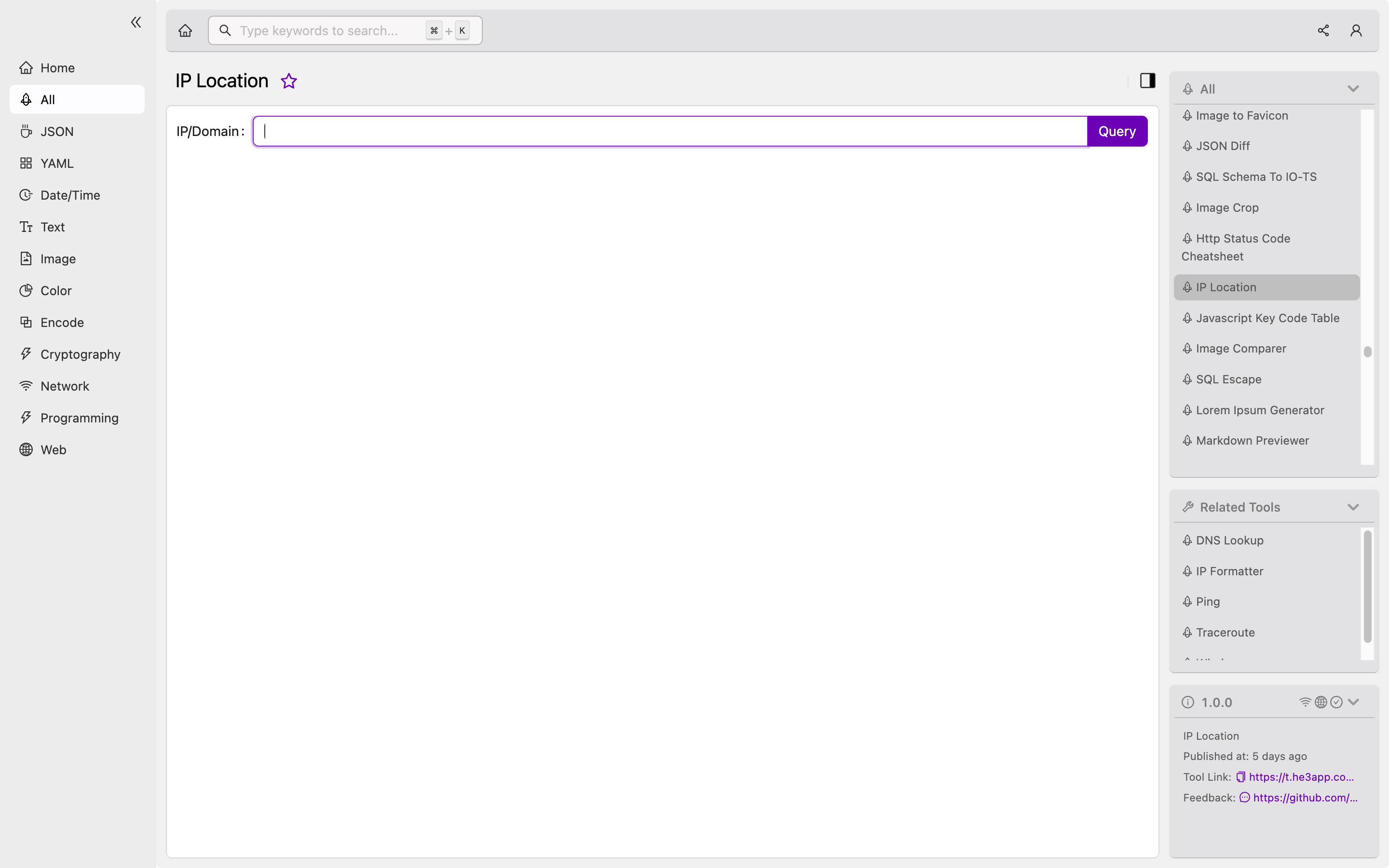Understanding IP Location: How It Works for Developers
As the internet continues to connect people and businesses around the world, IP location has become a significant tool for developers. This feature allows developers to gather insights on the location of their customers, which helps them personalize their applications based on their preferences or local trends. In this article, we’ll explain the concept of IP location, how it works, its key features, scenarios for developers, misconceptions, and frequently asked questions.
What is IP Location?
IP location, also known as IP geolocation, is the process of determining the physical location of an IP address. It helps to identify the country, region, city, zip code, and latitude/longitude coordinates of the device that is associated with an IP address. IP location is possible because internet service providers (ISPs) assign unique IP addresses to each device that connects to the internet.
How Does IP Location Work?
IP location relies on a database that maps IP addresses to physical locations. This database is maintained by third-party companies or geolocation providers, such as MaxMind, db-ip.com, and IP2Location. These companies collect information from various sources, such as internet registries, ISPs, and public records, to provide accurate and up-to-date information on IP locations.
Developers can access this database through APIs or libraries and integrate it into their applications. Once integrated, the application can use the IP address of the user to determine their location and display relevant content or features.
Key Features of IP Location
Here are some of the key features of IP location:
| Feature | Description |
|---|---|
| Accuracy | IP location databases can provide high-precision data, down to the zip code or street level. |
| Speed | The process of IP location is fast and can be completed in real-time. |
| Multi-device support | IP location can be used for various devices, including desktops, laptops, tablets, and smartphones. |
| Privacy | IP location providers adhere to privacy regulations and protect user data from misuse. |
Scenarios for Developers
Developers can use IP location in various scenarios to provide personalized services to their users. Here are some examples:
- E-commerce: An online store can use IP location to provide localized pricing, shipping rates, and payment options.
- Travel: A travel website can show the best deals on flights, hotels, and rental cars based on the user’s location.
- Gaming: A game developer can use IP location to match players with others in their region, reducing latency issues.
Misconceptions and FAQs
Misconception: IP location can track a user’s exact location.
IP location databases provide general information on a user’s location, such as the city or region. It cannot accurately pinpoint their exact location or address.
Misconception: IP location is always accurate.
While IP location databases can provide accurate data, it’s not always 100% accurate. Factors such as VPNs, proxies, and dynamic IP addresses can affect the accuracy of IP location results.
FAQ 1: Is IP location legal?
Yes, IP location is legal as long as it’s used for legitimate purposes, such as marketing or fraud prevention.
FAQ 2: Can I use IP location for free?
Some IP location providers offer limited free plans, but they may have restrictions on the number of queries or the features available. Paid plans offer more features and higher query limits.
How to Use IP Location
Developers can use IP location in their applications by integrating it through APIs or libraries. Or you can use IP Location tool in He3 Toolbox (https://t.he3app.com?llwi ) easily.

Conclusion
IP location is a valuable tool for developers to personalize their applications and provide location-based services to their users. By understanding how IP location works, its key features, and common misconceptions, developers can make informed decisions on how to integrate it into their applications.
References:
